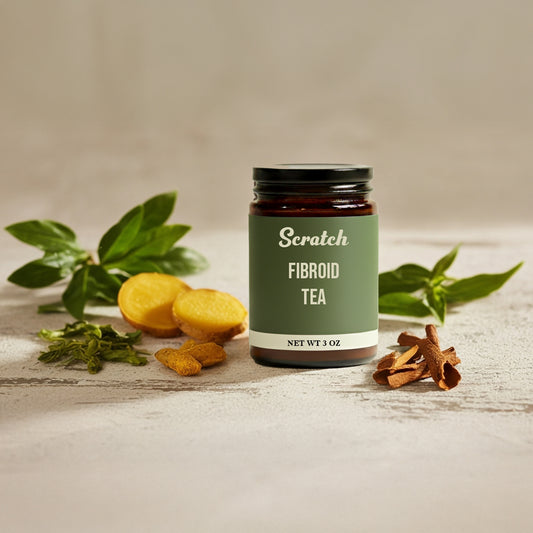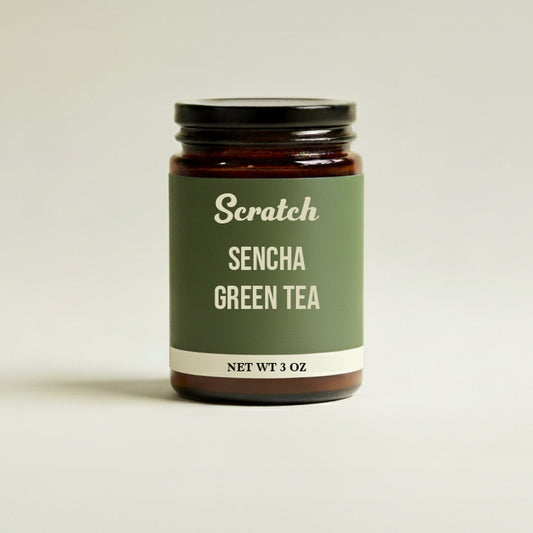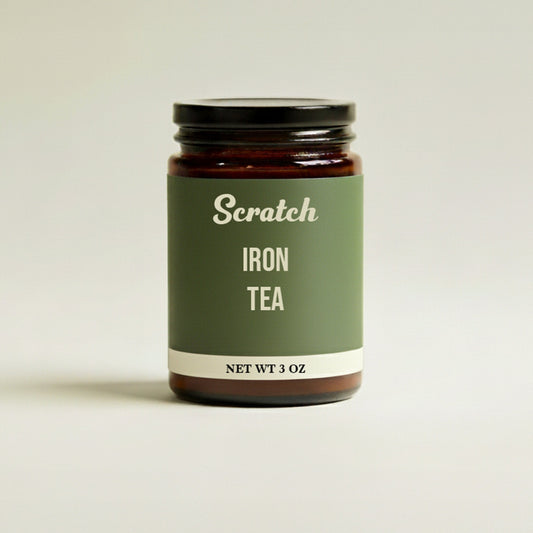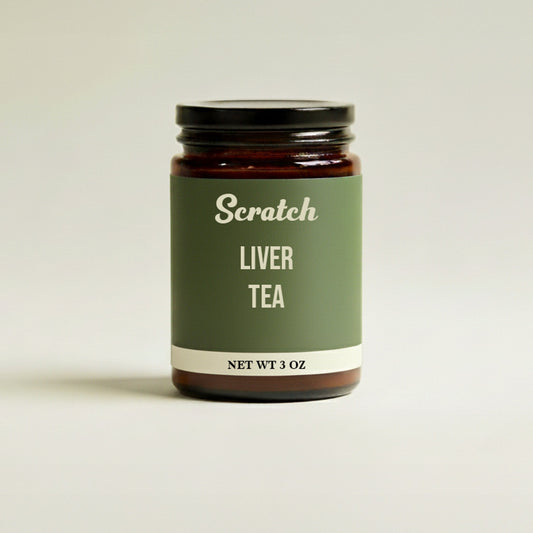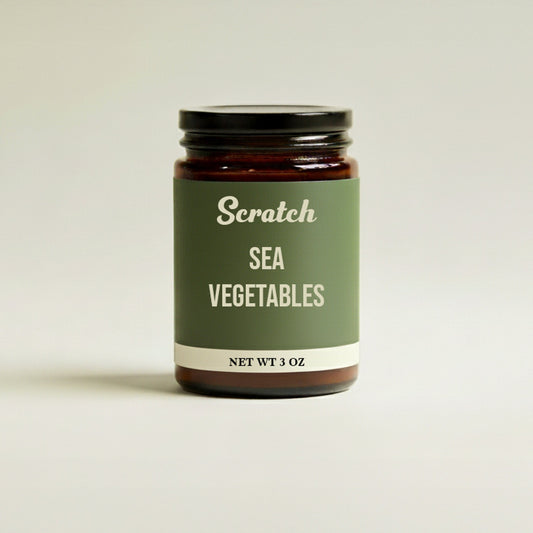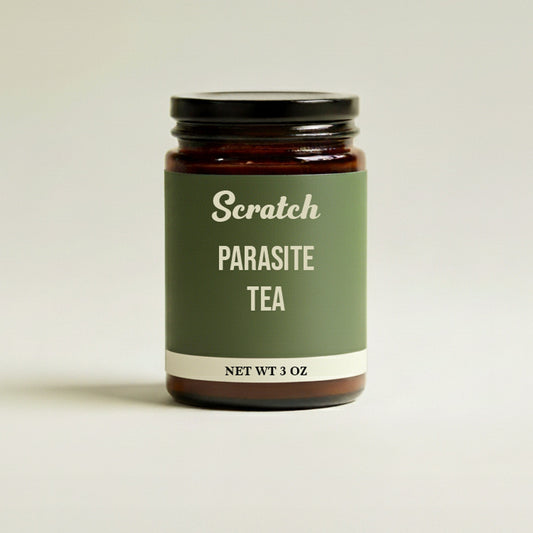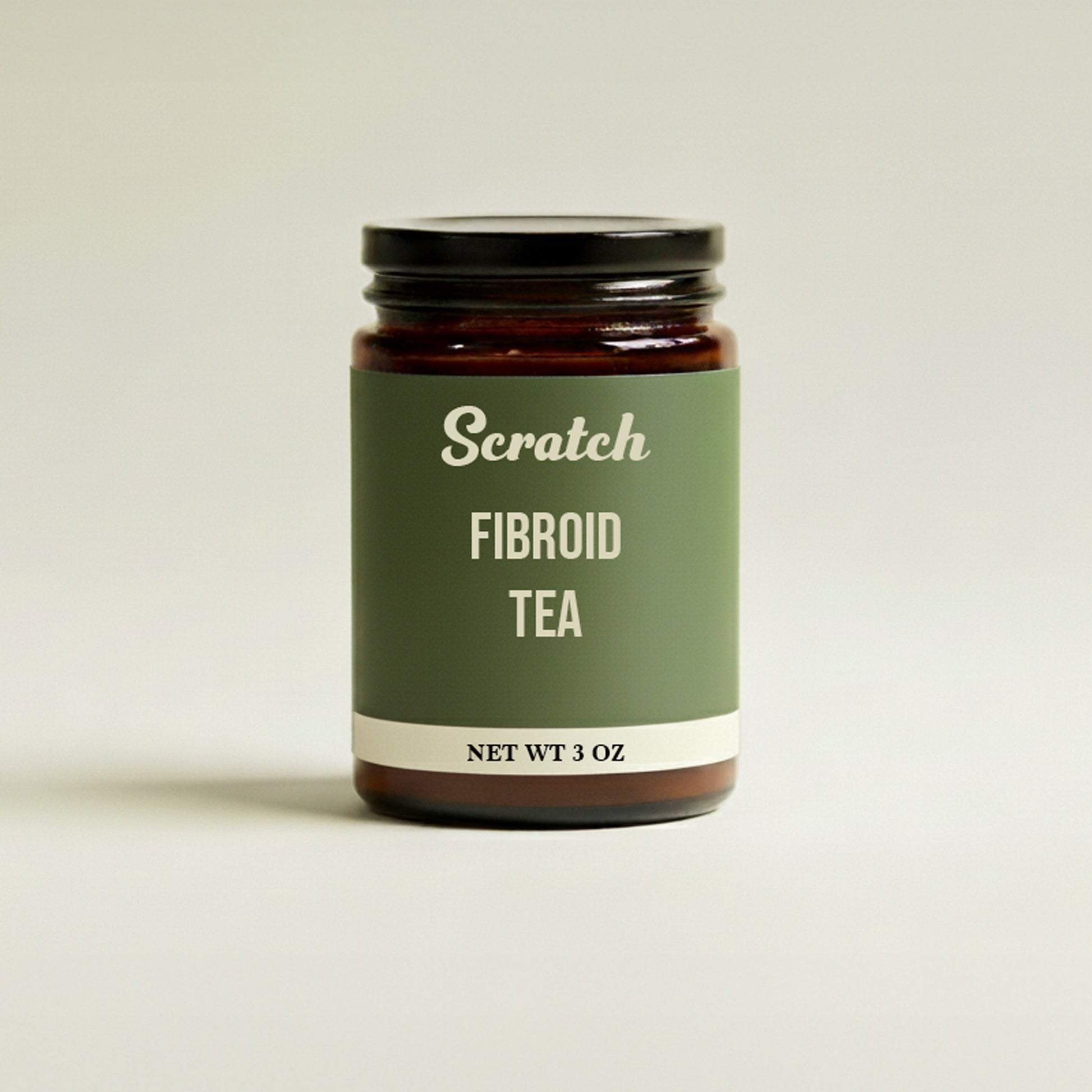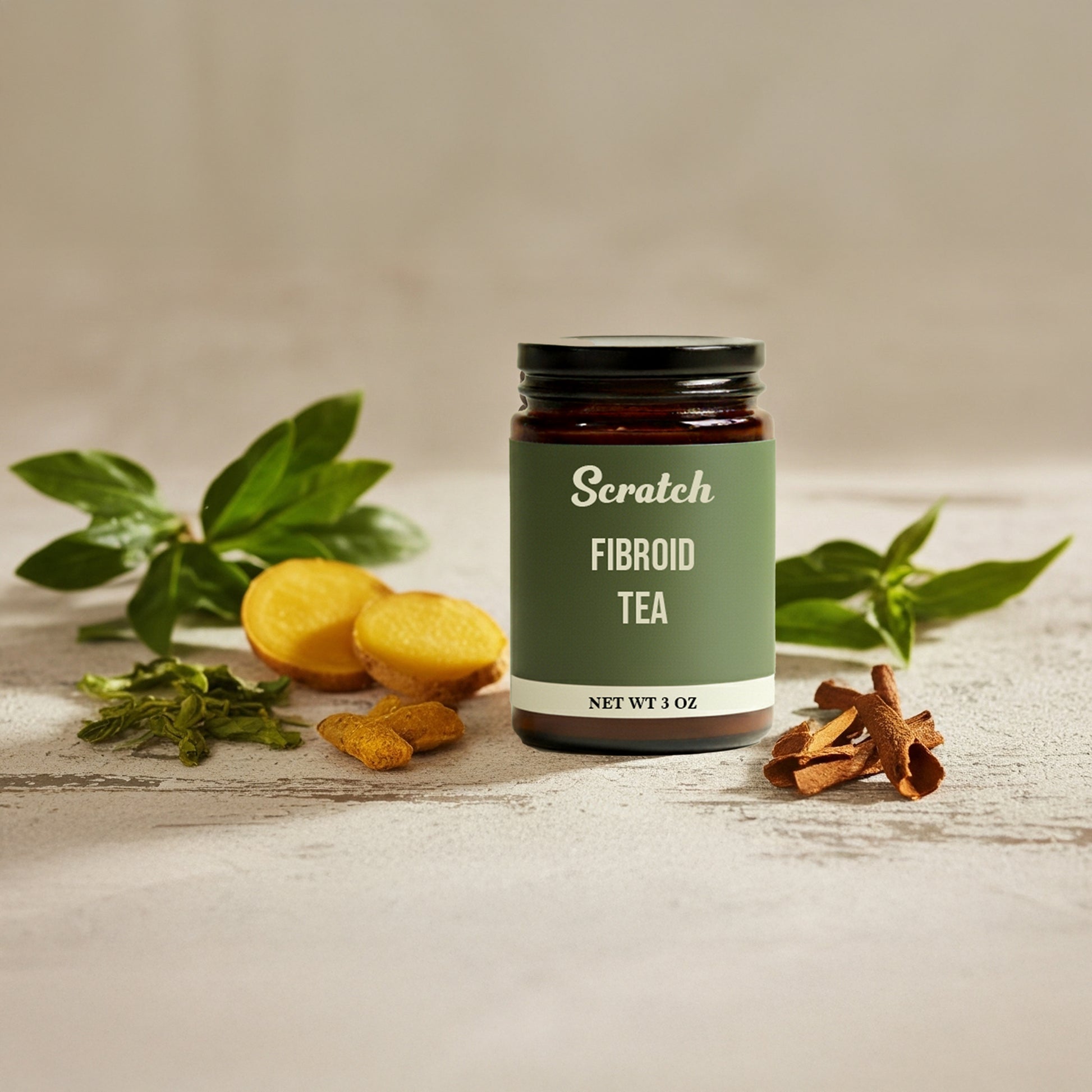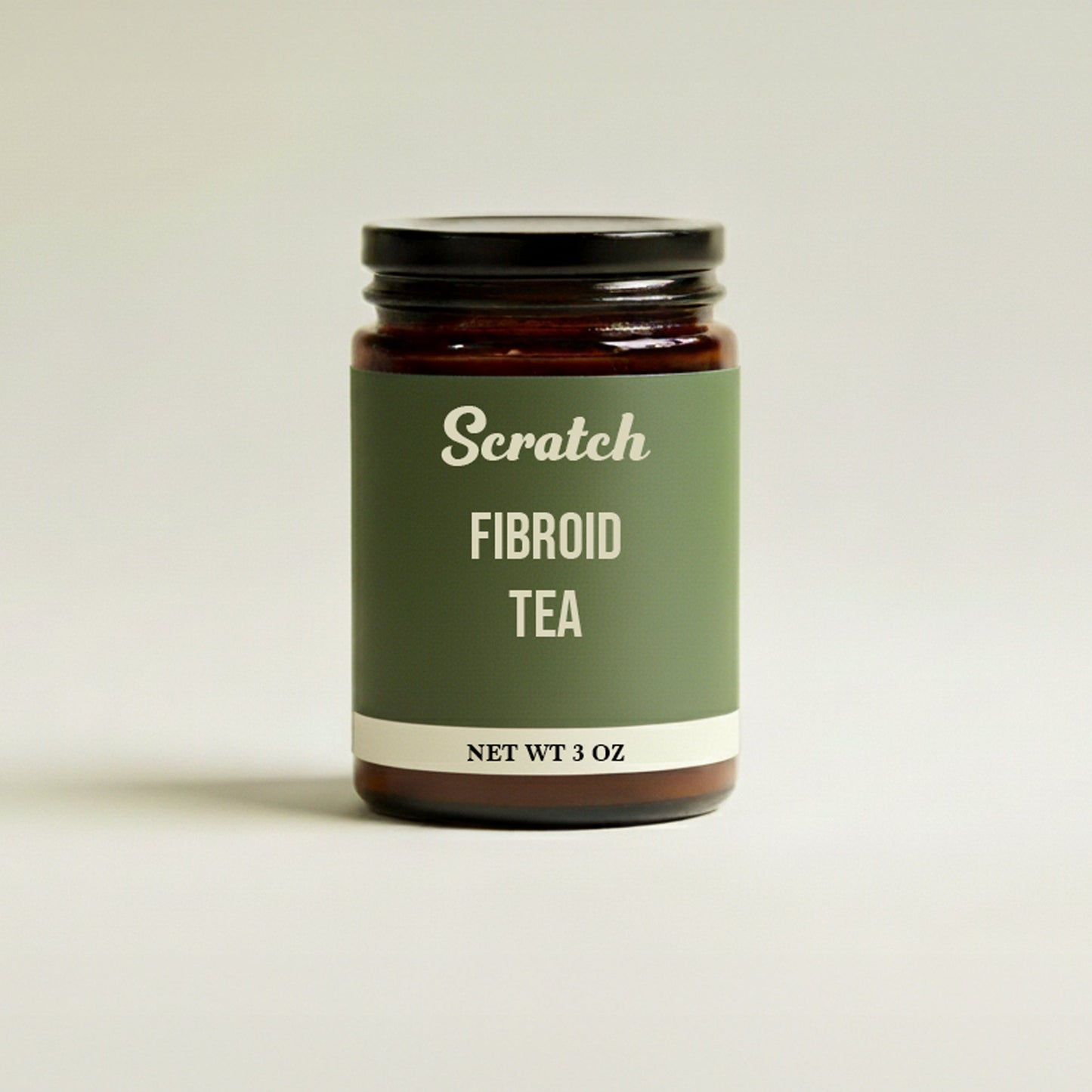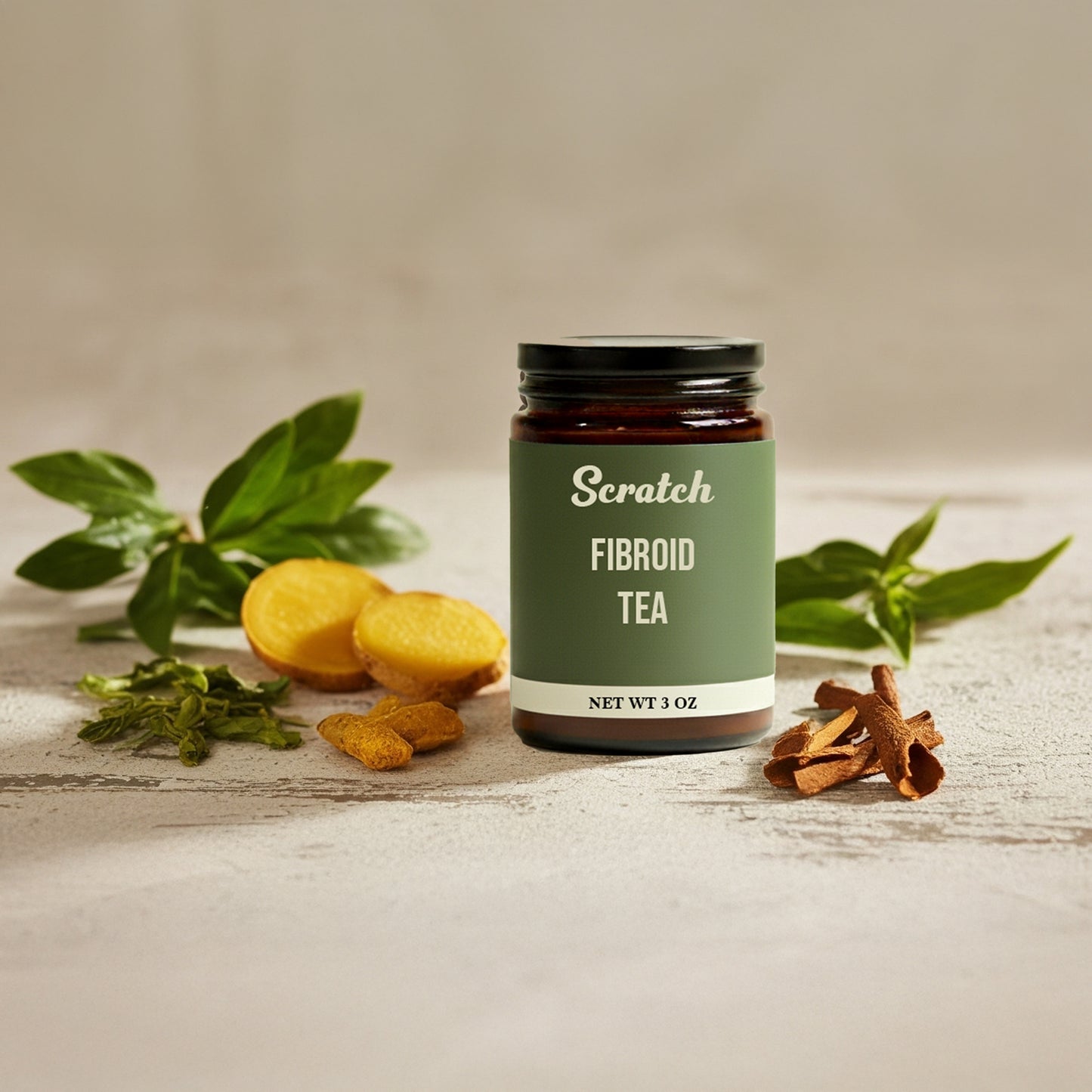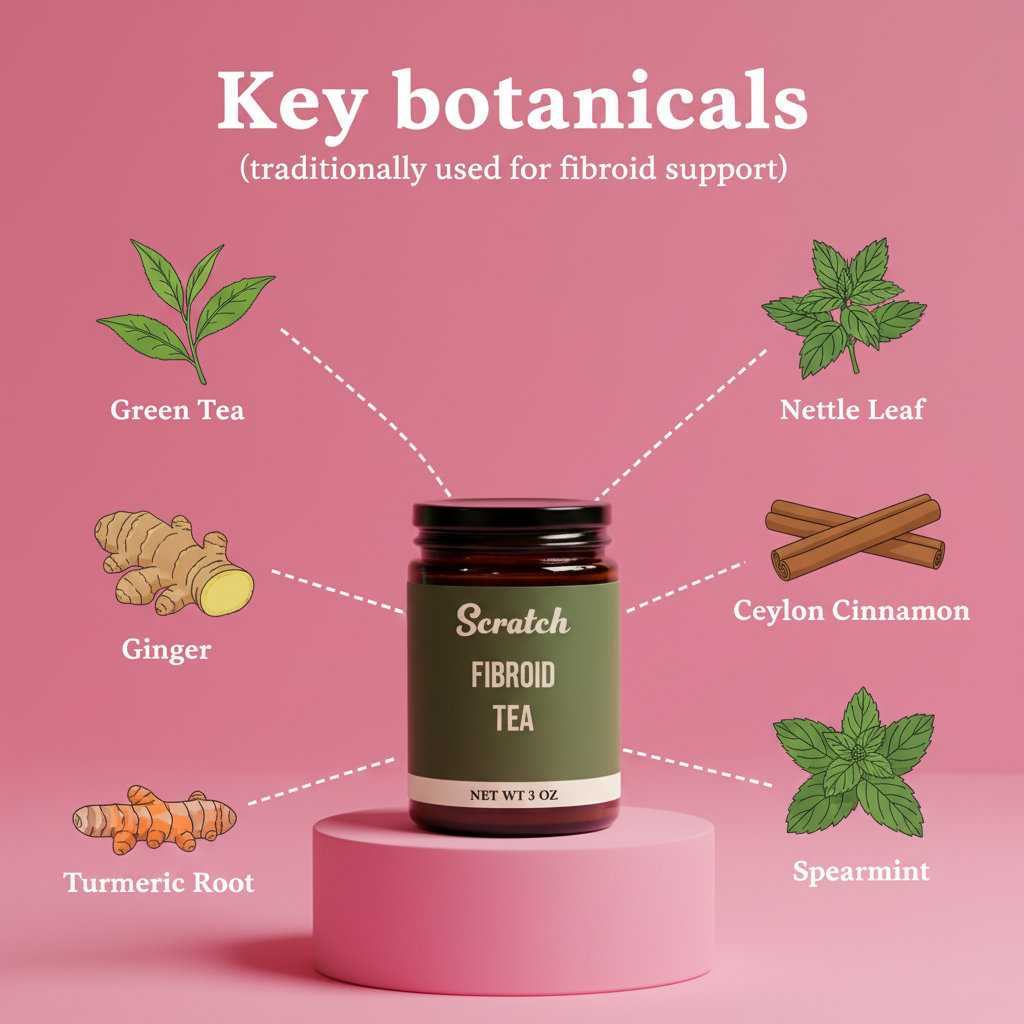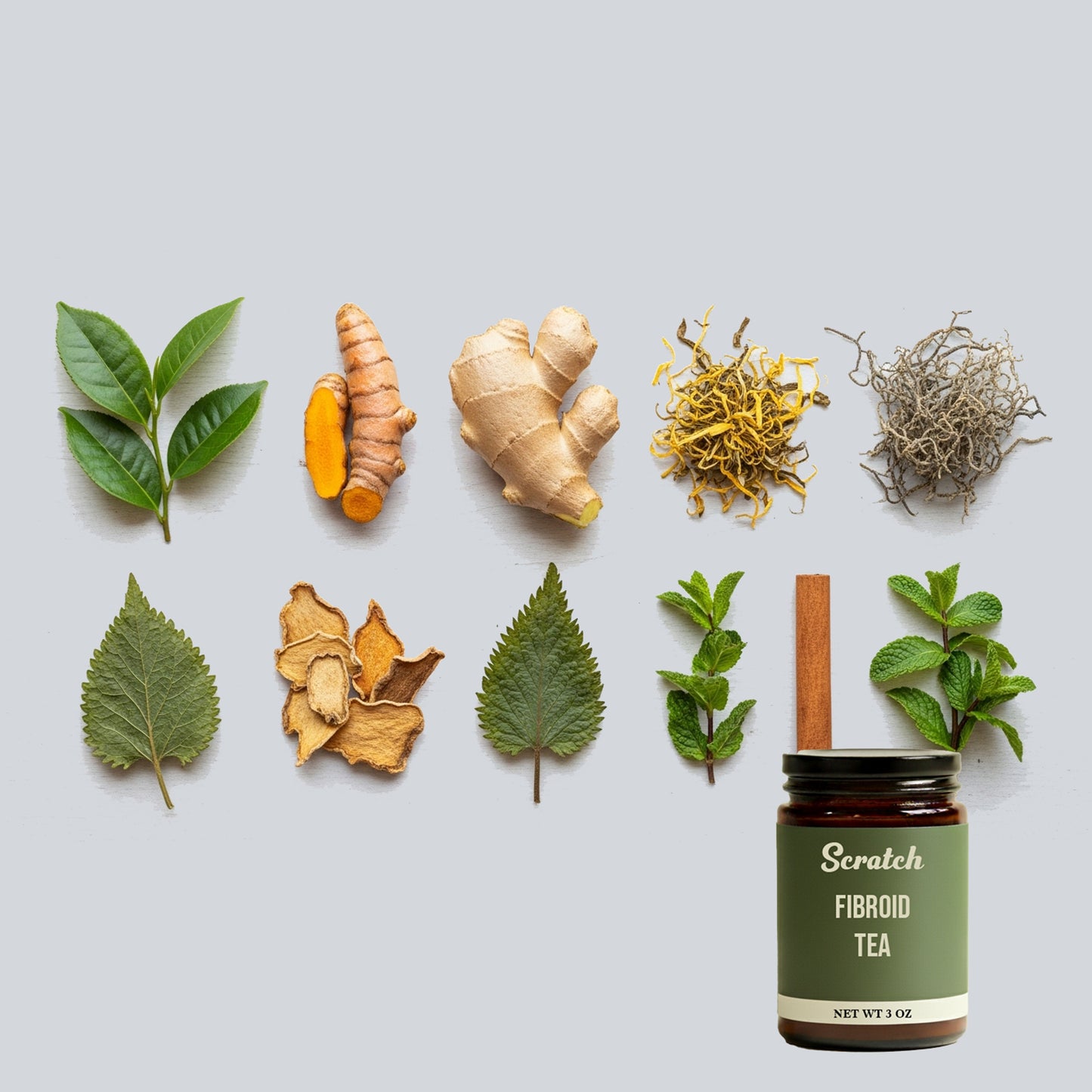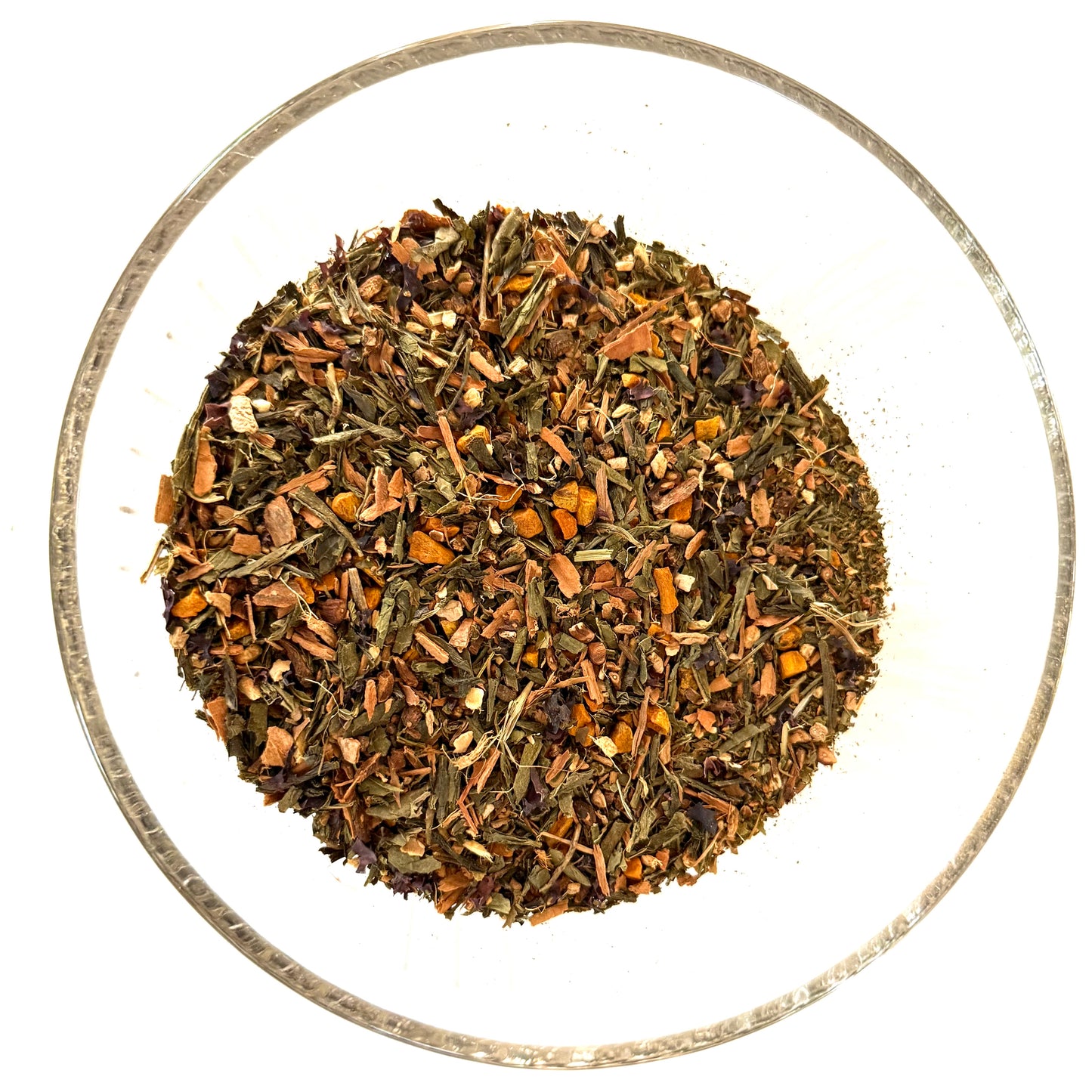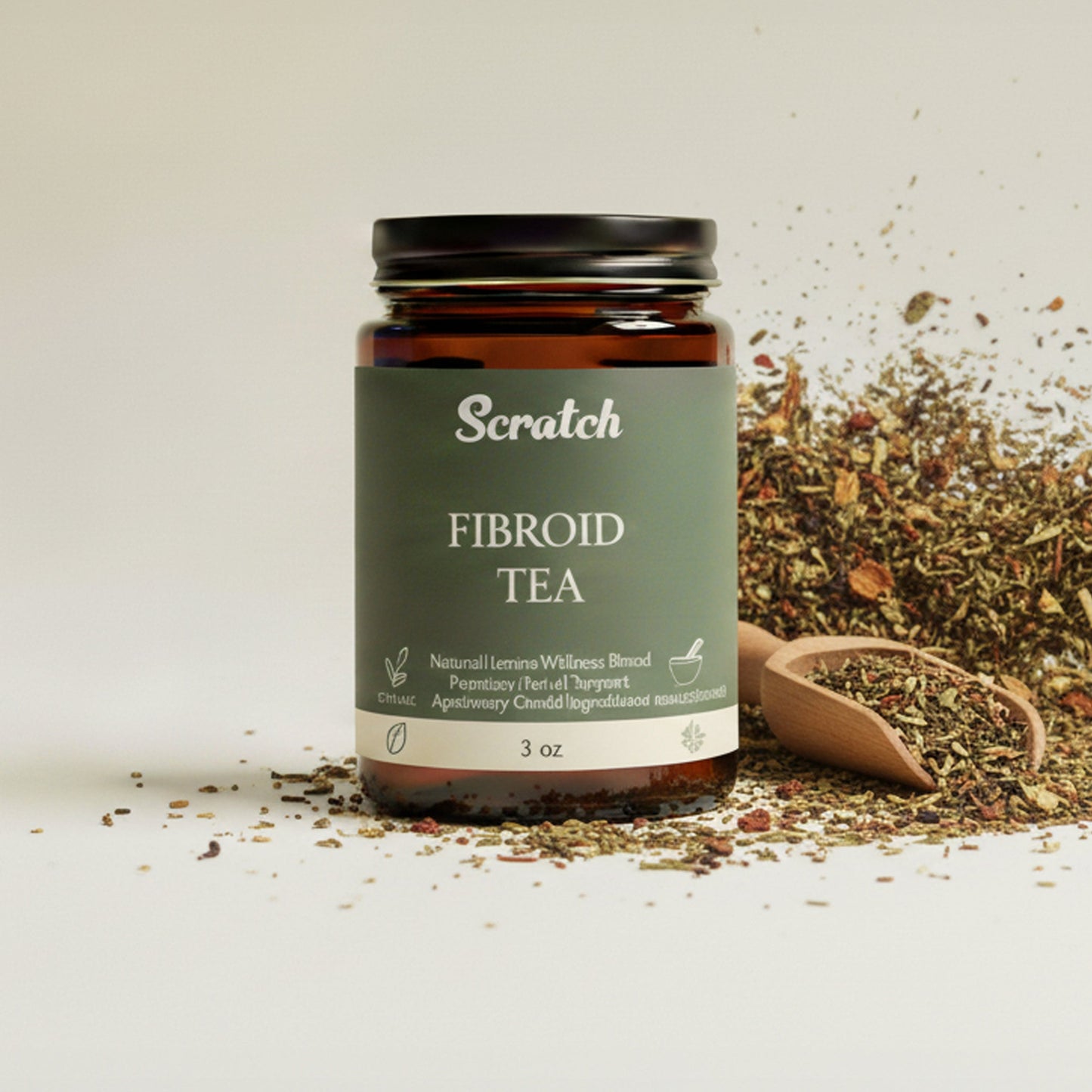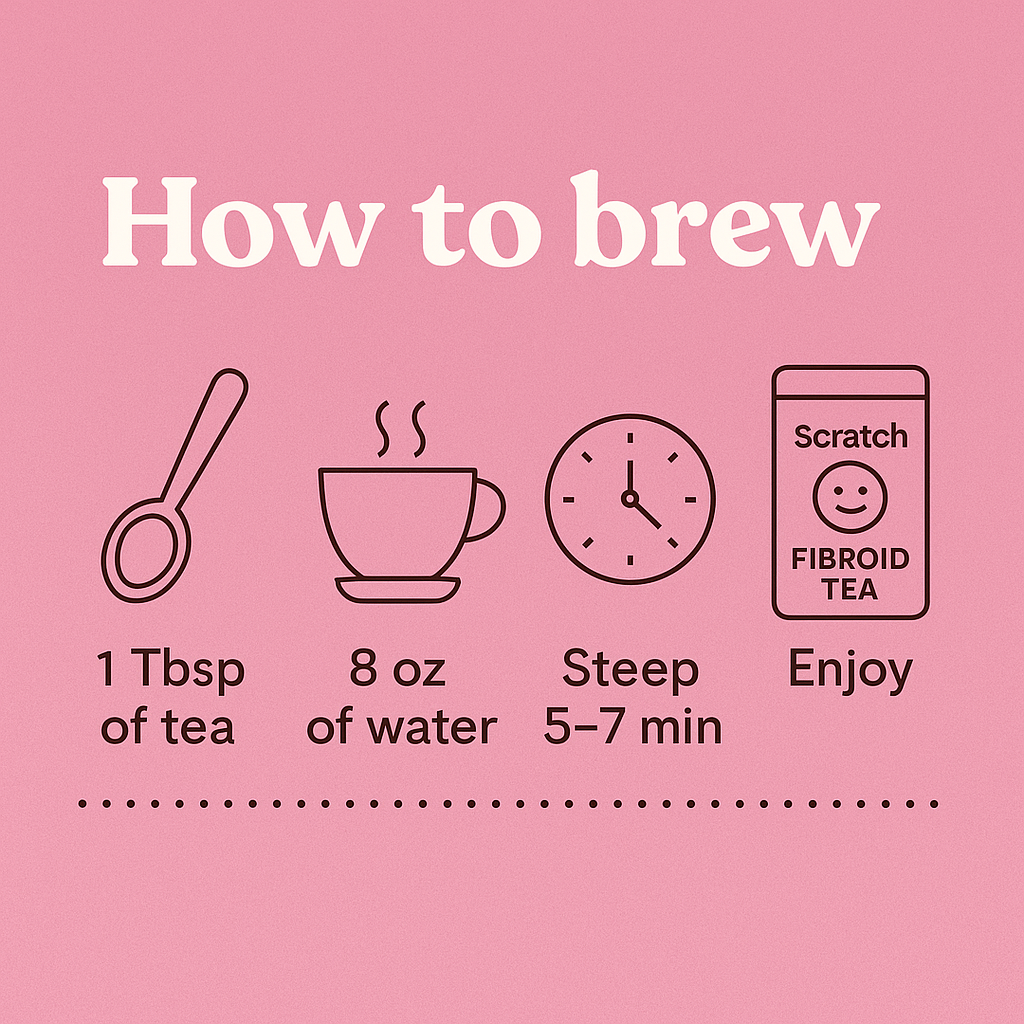Get Rid Of Parasites In Humans Naturally for Fibroids: Benefits, Safety, and How to Use
Searches for “parasite cleanses” to help with uterine fibroids have surged, but do these approaches work—and are they safe? Below, we unpack what high-quality medical sources say about fibroids, parasites, and natural strategies so you can make informed decisions.
Quick facts: What causes fibroids?
Uterine fibroids (leiomyomas) are benign growths of the uterine muscle. Their development is strongly influenced by hormones (estrogen and progesterone), genetics, and age. They are common—by age 50, up to 70–80% of women may have them. Authoritative sources like the NIH and ACOG emphasize that parasites are not known to cause fibroids, and there’s no good evidence that “parasite cleanses” shrink fibroids.
- Learn more: NIH/NICHD: Uterine Fibroids
- Learn more: ACOG: Uterine Fibroids FAQ
Do parasites cause fibroids?
No. Parasitic infections can affect the gut and, less commonly, other organs, but they are not an established cause of uterine fibroids. Fibroids form from uterine smooth muscle cells and are driven by hormonal and genetic factors. While worldwide parasitic diseases are a significant health concern, there is no clinical evidence that treating parasites—naturally or with medication—reduces fibroid size or symptoms.
When parasite treatment is appropriate
Parasite treatment is appropriate if you have a confirmed parasitic infection. Typical symptoms may include prolonged diarrhea, abdominal pain, weight loss, unexplained anemia, or eosinophilia—often after travel, exposure to contaminated food/water, or undercooked meat. In these cases, clinicians use stool tests or blood tests to diagnose and prescribe targeted antiparasitic medications.
- Diagnosis and care should be guided by a healthcare professional.
- CDC resources: CDC: Parasites
Important: Using a “cleanse” without a confirmed infection can cause side effects, interact with medications, or delay evidence-based care for your fibroids.
Natural strategies people consider—and what they actually do
Many “natural parasite cleanse” plans combine herbs, restrictive diets, and laxatives. Evidence that these regimens eliminate parasites or improve fibroids is lacking. However, several low-risk, commonsense lifestyle measures can support overall gut and gynecologic health—even though they have not been shown to shrink fibroids.
Helpful, low-risk habits
- Food safety and hygiene: Wash hands, rinse produce, cook meats to safe temperatures, and drink safe water—key steps for preventing parasitic infections. See CDC food safety.
- Fiber and hydration: A diet rich in vegetables, fruits, legumes, and whole grains supports regularity and gut microbiome balance. Hydration helps prevent constipation, which can worsen pelvic pressure from fibroids.
- Iron awareness: If heavy bleeding from fibroids causes iron-deficiency anemia, ask your clinician about iron testing and supplementation. See NIH ODS: Iron.
- Weight management and activity: Maintaining a healthy weight and regular exercise may help reduce overall estrogen exposure and ease some fibroid-related symptoms, though data on shrinking fibroids are limited.
- Probiotics and balanced diet: While not a treatment for fibroids, a balanced diet and, when appropriate, probiotics may support gut health—discuss options with your clinician.
Safety first: Risks of “parasite cleanses” and supplements
Herbal blends marketed for “parasites” (e.g., wormwood, black walnut, clove, oregano oil) lack robust clinical evidence for efficacy and can carry risks:
- Side effects and toxicity: Some herbs may irritate the gut or affect the liver and nervous system. Quality and dosing vary widely.
- Interactions: Supplements can interact with prescription medications (anticoagulants, antidiabetics, blood pressure meds) and with anesthesia around procedures.
- Pregnancy and trying to conceive: Many herbs are not well studied in pregnancy and should be avoided.
- Regulatory limits: In the U.S., supplements do not require FDA approval for safety or effectiveness before marketing. Be cautious with any product that claims to diagnose, treat, cure, or prevent disease. See FDA: Dietary Supplements—What You Need to Know and NIH NCCIH: Dietary and Herbal Supplements.
- Enemas and aggressive laxatives: These can cause dehydration, electrolyte imbalances, or bowel injury.
If you still want a “natural” approach—how to do it more safely
While a parasite cleanse is not a treatment for fibroids, if you’re exploring natural steps for general wellness, consider this safety-forward approach:
- Start with proven basics: Food safety, hand hygiene, fiber-rich diet, and hydration.
- One change at a time: If trialing a new food or probiotic, add one at a time and monitor for side effects.
- Avoid unproven “detox” extremes: Steer clear of harsh laxatives, prolonged fasting, or multi-herb regimens claiming to eliminate parasites.
- Check with your clinician first: Especially if you have chronic conditions, take prescription meds, are pregnant/trying to conceive, or have surgery/procedures planned.
- Do not delay care: If you have fibroid symptoms (heavy bleeding, pelvic pain/pressure, urinary frequency) or suspect a parasitic infection, seek medical evaluation.
Evidence-based treatments that actually help fibroids
If symptom relief is your goal, focus on options supported by medical evidence:
- Watchful waiting: If fibroids are small and symptoms are mild.
- Medications for symptoms: Nonsteroidal anti-inflammatory drugs (NSAIDs) for pain; tranexamic acid to reduce heavy bleeding during periods.
- Hormonal options: Combined hormonal contraceptives or the levonorgestrel-releasing IUD to reduce bleeding; GnRH agonists/antagonists (some with add-back therapy) to shrink fibroids short-term; other hormonal modulators as appropriate.
- Minimally invasive procedures: Uterine artery embolization, radiofrequency ablation, and MRI-guided focused ultrasound can shrink fibroids and improve symptoms for many patients.
- Surgery: Myomectomy removes fibroids while preserving the uterus; hysterectomy definitively treats fibroids when childbearing is complete.
Discuss benefits, risks, and fertility goals with your gynecologist to tailor a plan. Good overviews: ACOG and NIH/NICHD.
When to seek medical care
- Heavy menstrual bleeding (soaking pads/tampons every 1–2 hours), anemia, or passing clots
- Pelvic pain/pressure, urinary frequency, constipation, or painful intercourse
- Fertility challenges or recurrent pregnancy loss
- Persistent diarrhea, weight loss, or symptoms after travel/unsafe food or water (possible parasite)
The bottom line
Parasites do not cause uterine fibroids, and “natural parasite cleanses” have no proven benefit for fibroid treatment. Focus on prevention of infections through hygiene and safe food practices, support overall health with a balanced lifestyle, and choose evidence-based therapies to manage fibroid symptoms. Partner with your clinician to create a plan that matches your goals and medical history.
References and trusted resources
- NIH/NICHD. Uterine Fibroids: https://www.nichd.nih.gov/health/topics/uterine/conditioninfo/fibroids
- ACOG. Uterine Fibroids FAQ: https://www.acog.org/womens-health/faqs/uterine-fibroids
- CDC. Parasites: https://www.cdc.gov/parasites/index.html
- CDC. Food Safety: https://www.cdc.gov/foodsafety/
- FDA. Dietary Supplements—What You Need to Know: https://www.fda.gov/consumers/consumer-updates/what-you-need-know-about-dietary-supplements
- NIH NCCIH. Dietary and Herbal Supplements: https://www.nccih.nih.gov/health/dietary-and-herbal-supplements
Disclaimer: This article is for educational purposes and is not a substitute for personalized medical advice.


